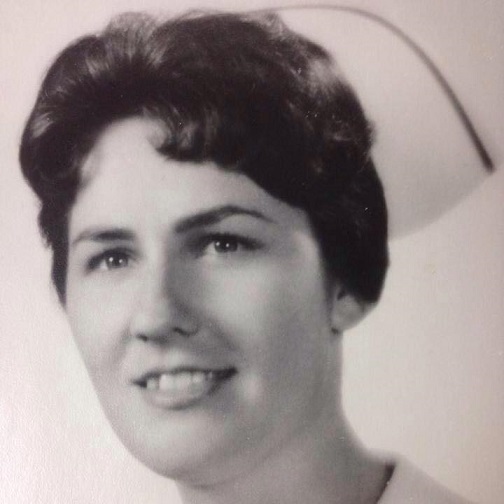Physicians taught me how to treat diseases. Nurses taught me how to care for people.
It’s no secret that I feel more of a kinship to nurses than I ever felt to physicians. I was an orderly working eight-hour shifts with nurses long before I went to medical school. I saw what the nurses did, how hard they worked, and how the orders physicians gave, with little thought to implementation, affected them directly. They also treated me as part of a team, not as cheap labor to be abused and berated.
During my internship I quickly learned that nurses can make a physician’s life easy or a living hell. I threw myself on the mercy of the head nurse at the beginning of my ICU rotation and she guided me, suggesting drug dosages, ventilator settings and letting me know when to call for help.
Obstetric nurses taught me about the natural progression of labor: when a woman entered active labor, when she was in transition, when to intervene, and when to leave well enough alone. (Thanks, Marj B!). One threatened to teach me about labor: “We’ll shove a bowling ball up your butt and then tell you not to push.”
Clinic nurses taught me to treat Medicaid patients with kindness, respect and a little tough love. They also taught me I could not solve everyone’s problems.
Once in practice I realized I couldn’t do my job without nurses. They spent an eight or twelve hour shift with a labor patient while I was in the office or tending to someone else. Sometimes they would stay past shift change if the woman was close to delivery. They started IVs, ran Pitocin, magnesium sulfate, antibiotics, and blood. They comforted a woman while she got a spinal or an epidural anesthetic. And they were the first to resuscitate a baby in trouble.
Nurses watched over my patients after surgery, while they recovered from serious illnesses, and while they slept. One seasoned med/surg nurse told me what drug to order for a little old lady whose daily cocktail was a lot more than “mostly ice;” she went into “D.T.s (acute alcohol withdrawal, the night after her surgery.
Nurses are not afraid of anyone, including physicians, who sometimes do really stupid things. Chocolate and contrition goes a long way towards appeasing them. Not pissing them off in the first place goes even further.
Physicians live by “every man for himself,” with, until fairly recently, an emphasis on “man.” Nurses support each other, and physicians who stand up for them. They don’t have massive egos (for the most part); they just have to deal with those egos every day.
Nurses will cry with you after you’ve delivered a dead baby, or when someone with a terminal illness finally loses the battle. They’re eternally grateful when you have the foresight to buy everyone lunch because the day is going to hell and they will never make it to the cafeteria.
So Happy Nurses’ Week to all the nurses of various species I’ve known: registered nurses, licensed practical nurses, advanced practice nurses, nurse practitioners, certified registered nurse anesthetists, and my favorite, certified nurse midwives and L&D nurses.
